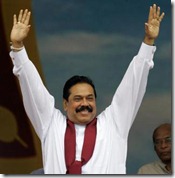“Polio eradication is at a tipping point between success and failure” – that was the message from the World Health Organisation (WHO) this week as the Global Polio Eradication Initiative launched an emergency action plan.

Once destroying lives across the globe, it is now endemic in just three states: Pakistan, Afghanistan and Nigeria. The incredible immunisation programme that effectively defeated polio in India earlier this year has brought worldwide eradication efforts to the ‘endgame phase’ and raised genuine hopes of polio-free world just around the corner.
But all of this is at risk. Wiping out the disease in its three remaining will be no easy task, especially considering the critical funding gaps faced by those spearheading the immunisation efforts. One small vaccine per child is all that is required to make the difference between protection and infection– but there can be no escaping the fact that these vaccines and their distribution require financing.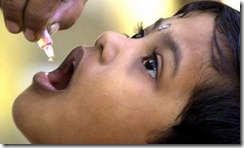
Unfortunately, there is no time to waste in securing the necessary commitments from the international community. Where polio is not tackled it spreads, crossing national borders back into states where previous eradication efforts had been successful. Both China and the Democratic Republic of Congo have seen recent outbreaks, with half of victims dying in the latter. India remains at risk, with two more polio-free years required before it is regarded as formally eradicated, whilst several African nations are still facing imported transmission.
Phenomenal efforts are underway to ensure that the fight against polio does not fall at the last hurdle, backed by the United Nations and religious leaders in the (predominantly Islamic) affected states. But they need every last bit of support they can get.
We can all play our part in ending the needless mass paralysis of children, that frequently results in gruelling poverty for the rest of their lives. By making a donation to the Global Polio Eradication Initiative and writing to our leaders, urging them to throw their full weight behind the final push, we can help to ensure that the balance tips the right way: the end of polio- forever.




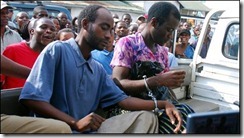
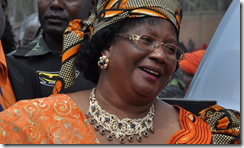
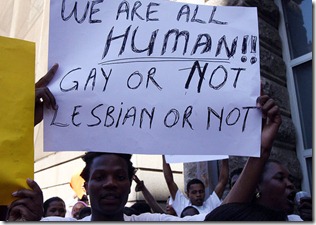

 head of operations in the city of Kano
head of operations in the city of Kano


